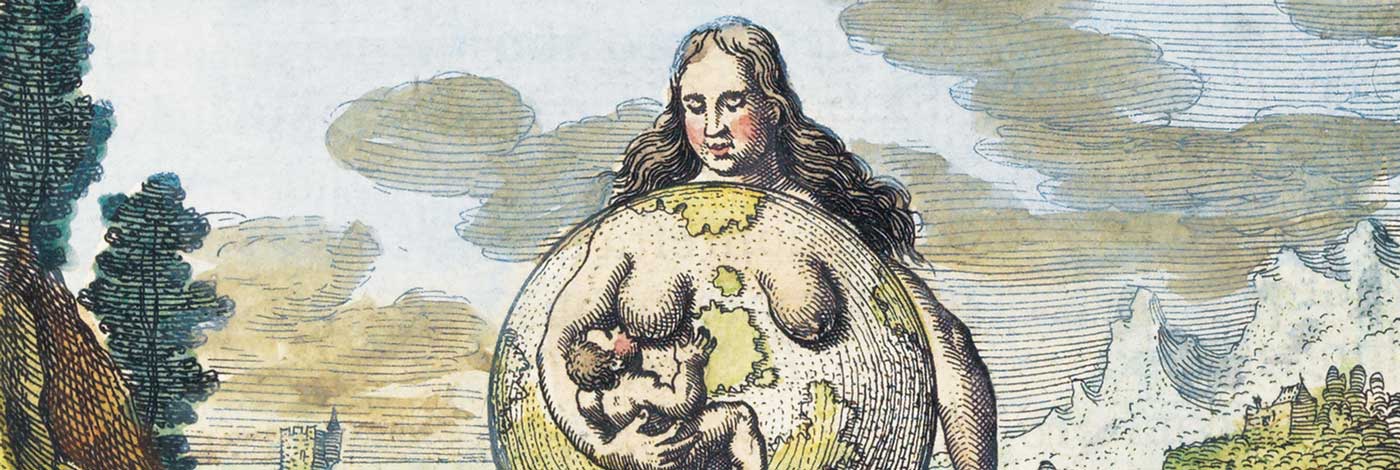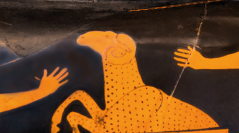

 Anthropozoologica
59 (2) - Pages 15-27
Anthropozoologica
59 (2) - Pages 15-27Historians of thought often interpret ancient discourse, including in natural sciences, as being influenced by ideological stances. In response to this intellectual bias, we believe it would be valuable to take the risk of relying on experiential evidence and cumulative observation when considering ancient natural history as a tradition. To put this approach to the test, which assumes a different origin of naturalist knowledge, we scrutinize Aristotle’s descriptions of the behavior of two groups of birds, namely the swallow and the partridge, primarily found in books VIII and IX of the History of Animals. By comparing Aristotelian accounts with contemporary studies, we can assess the significance of the data and also discuss potential observational biases either in Antiquity… or in modern times. Lastly, we attempt to reconstruct the probable methodologies employed by observers or Aristotle himself to obtain these observations.
Parental care, partridge, swallow, methodologies, modern times.